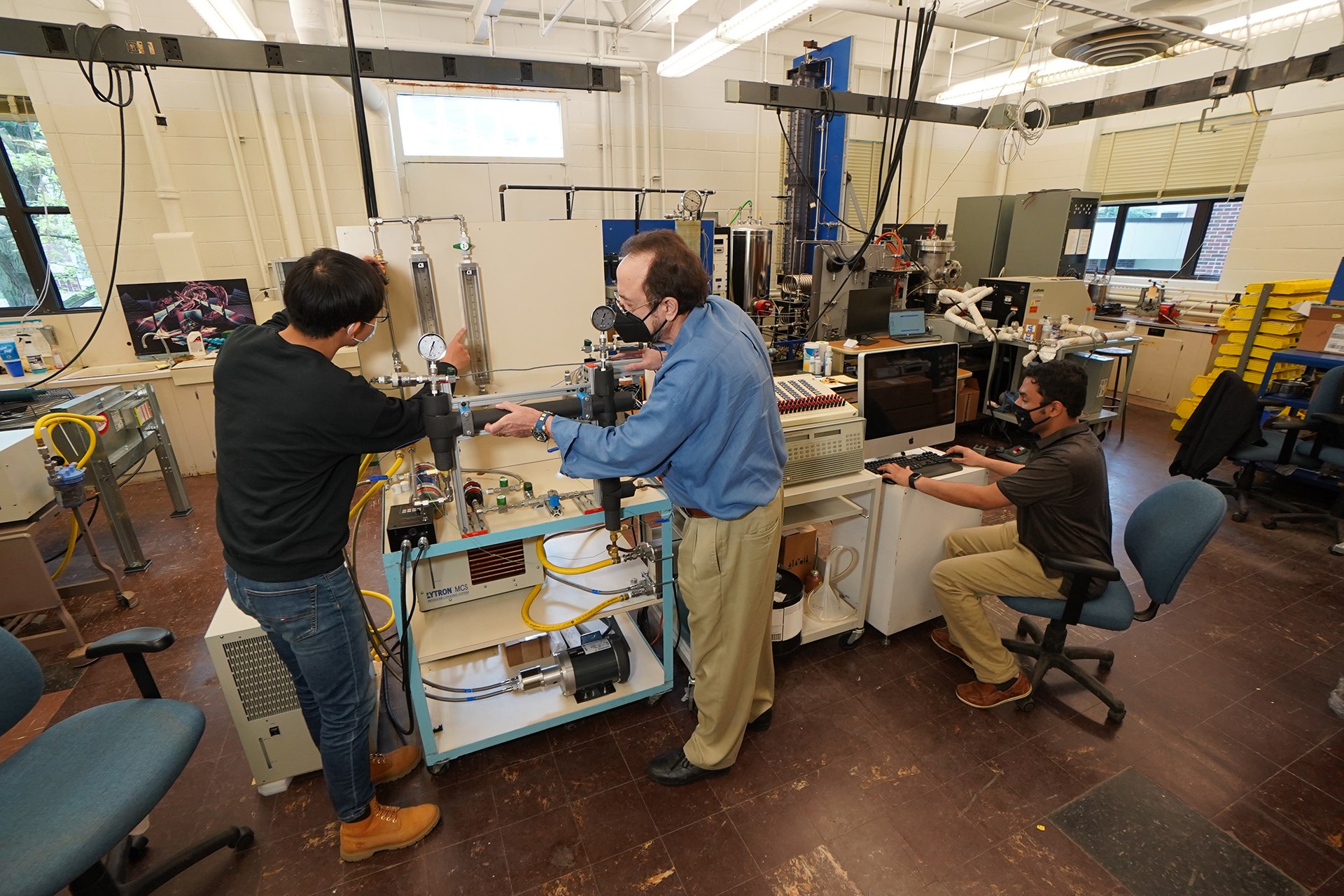One of the main things that prevents people from buying EVs, is the charge time. Compared to fuelling up a petrol car, most EV charge times are relatively slow.
To combat this, carmakers do things like putting in bigger batteries so EVs can have larger ranges and cars can go longer between charges. But what if there was another way to solve this issue?
Ford, in collaboration with Purdue University, is patenting a technology that will solve the charging speed issue directly at the source.

The biggest issue with charge speed is heat. Pumping large amounts of current through the charge cable could very easily result in an overheating disaster. So Ford's technology focuses on heat management.
The special cable Ford has developed utilises a unique liquid cooling process, which allows for larger currents to be delivered to vehicles and mitigates the risk of overheating, allowing for faster charging speeds.
While there may be similar ideas and products floating around on the market already, Ford's special liquid cooling process sees the active cooling agent undergo a phase change from liquid to vapour.
The hope is that this technology will reduce charging times down to the equivalent of filling up an average petrol tank, which Ford believes is one of the next big hurdles in widespread EV adoption.
Issam Mudawar, a Purdue University mechanical engineering professor, says “electric vehicle charging time can vary widely, from 20 minutes at a station to hours on an at-home charging station, and that can be a source of anxiety for people who are considering buying an electric vehicle.”
He continues, “my lab has come up with a solution for situations where the amounts of heat that are produced are beyond the capabilities of today’s technologies.”
Mudawar's lab plans to begin testing a prototype of the charging cable within the next two years, which, in reality, isn't too far in the future.
With vehicles like the F-150 already on the way, Ford is going to need to do everything they can to become a serious player in the world of the EV. This technology is sure to set the automakers in the right direction.





